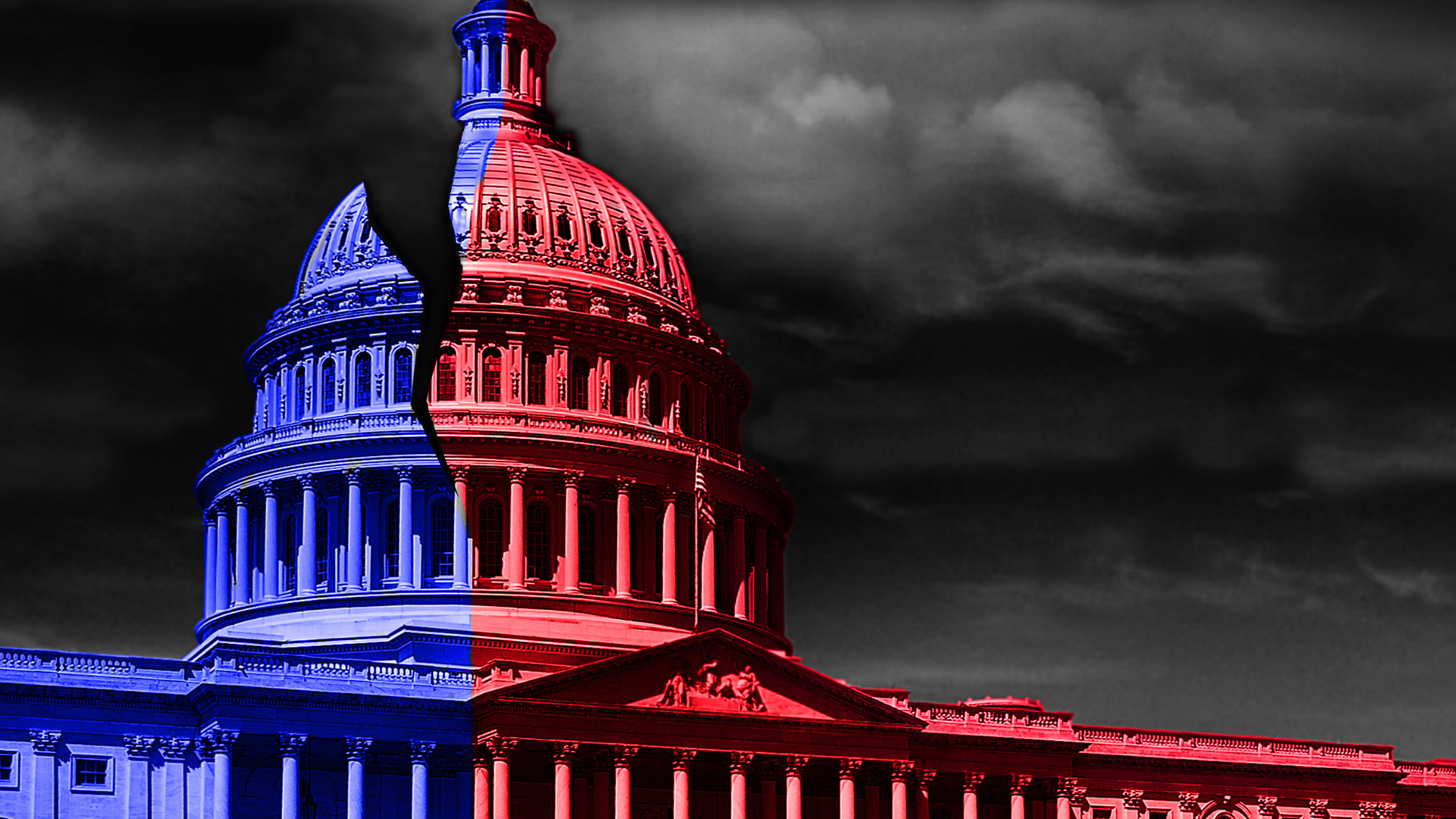The Dangers of Party Polarization

In today’s political landscape, party polarization is increasingly becoming a significant threat to the functioning and stability of our democratic institutions. At People4Utah, we believe that the escalating divide between political parties undermines our collective ability to address critical issues, fosters an environment of hostility, and erodes the foundational principles of democratic governance.
The Erosion of Common Ground
At the heart of our Constitution is the principle of compromise and collaboration. When political parties become excessively polarized, the middle ground disappears. Lawmakers are less willing to reach across the aisle, resulting in legislative gridlock. Important issues such as healthcare, education, and infrastructure remain unresolved, as partisan loyalty takes precedence over the common good. Gridlock not only frustrates the electorate but also diminishes public trust in governmental institutions.
The Rise of Extremism
Polarization often leads to the rise of extremist ideologies within political parties. As the center shrinks, the most vocal and extreme elements gain influence. This shift can lead to policies that do not reflect the views of the majority but rather cater to a radical minority. Extremist policies can alienate large segments of the population, leading to further division and social unrest.
Increased Incivility and Hostility
The growing divide between parties fosters an environment of incivility and hostility. Political discourse becomes less about debating ideas and more about vilifying the opposition. This toxic atmosphere discourages constructive dialogue and perpetuates a cycle of animosity. When citizens view political opponents as enemies rather than fellow Americans with differing views, the social fabric of our nation begins to fray.
Threats to Democratic Norms
Polarization threatens the very norms that sustain a healthy democracy. Respect for the rule of law, the peaceful transfer of power, and the legitimacy of political opponents are all at risk. As parties become more entrenched in their positions, they may resort to undemocratic practices to maintain power. This erosion of democratic norms can lead to a crisis of legitimacy, where citizens lose faith in the electoral process and democratic institutions.
The Impact on Civic Engagement
Excessive polarization can lead to voter apathy and disengagement. When the political climate is dominated by extreme partisanship, many citizens feel that their voices are not heard or that the system is too broken to fix. This disillusionment can result in lower voter turnout and reduced participation in civic activities, weakening the foundation of our democracy.
What Can We Do?
Addressing the dangers of party polarization requires a collective effort from all of us. Here are some steps we can take:
- Promote Dialogue:Encourage open and respectful conversations between individuals with differing viewpoints. Building understanding and empathy can help bridge the divide.
- Support Bipartisan Initiatives: Advocate for and support policies and initiatives that have bipartisan backing. These efforts demonstrate that collaboration is possible and effective.
- Educate and Inform: Provide citizens with accurate and balanced information about political issues. An informed electorate is less susceptible to extreme rhetoric and more capable of making reasoned decisions.
- Encourage Civic Participation: Foster a culture of civic engagement by encouraging voting, community involvement, and participation in local government. When more voices are heard, the extreme ideologies are less likely to dominate.
- Hold Leaders Accountable: Accountability can help ensure that leaders remain committed to democratic principles and responsive to the needs of all citizens.
At People4Utah, we are committed to promoting a political environment where collaboration and mutual respect are valued. By working together to reduce party polarization, we can strengthen our democracy and build a brighter future for all Utahns.